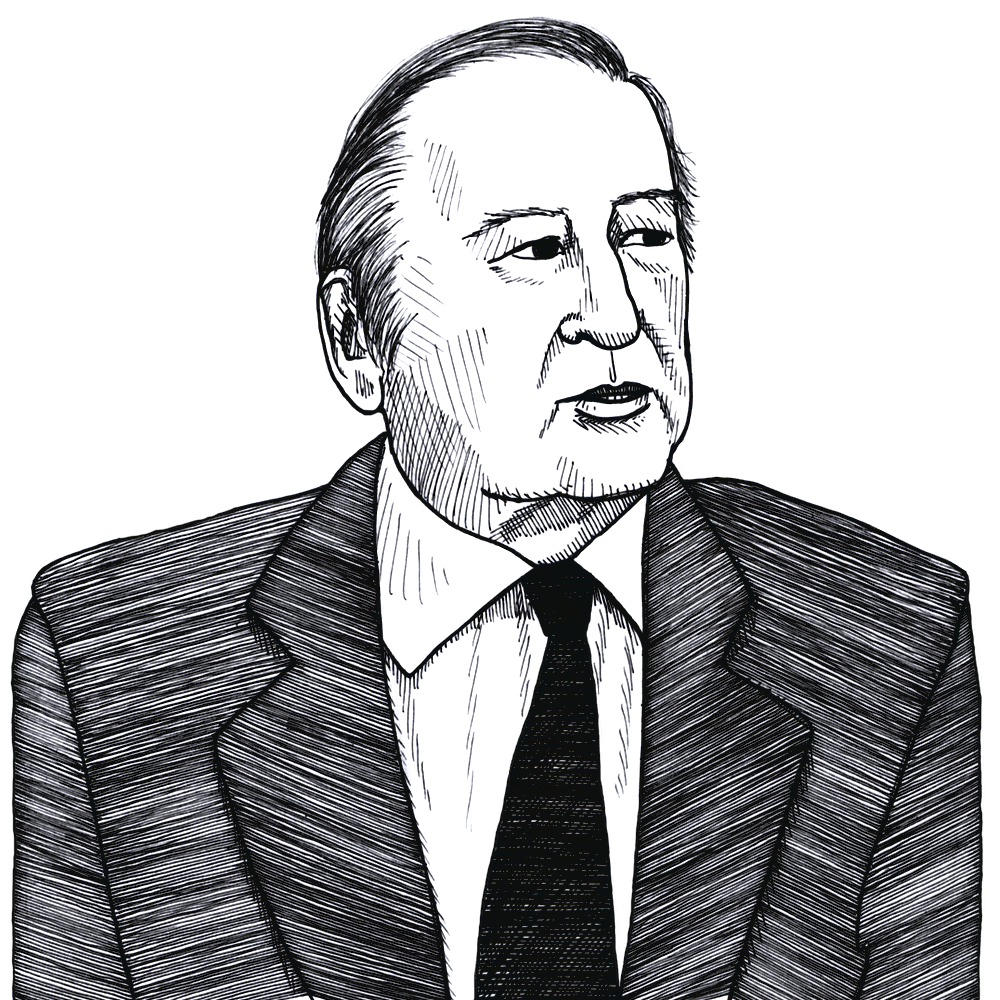
Anthony de Jasay on the proliferation of predators and parasites in the modern state (1998)
Found in: The State
The political theorist Anthony de Jasay (1925-2019) believes that interest groups (made up of “predators” and free-riding “parasites”) will continue to proliferate in the modern state given its current structure of incentives:
The State
With the state as a source of reward for interest groups, free riding loses most of its destructive potential as a check on group formation and group survival. In terms of the “ecological” parallel used above, prey, predator and parasite no longer balance each other out. The defensive reactions of the prey are blunted: there is no market mechanism to signal society that a given interest group is raising its claims upon it; its exactions are screened from it by the size and complexity of the state’s fiscal and other redistributive apparatus. Moreover, while the mechanism of bilateral contracts between consenting parties works symmetrically, in that it is as efficient in concluding acceptable as in rejecting unacceptable terms, the democratic political process is constructed to work asymmetrically, i.e. to concede a large variety of group claims rather than to deny them. Hence, even if the “prey” were specifically aware of the “predator,” it would have no well-adapted defence mechanism for coping with it.